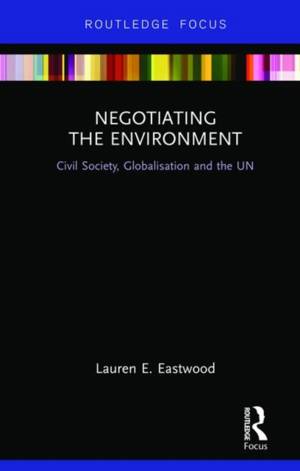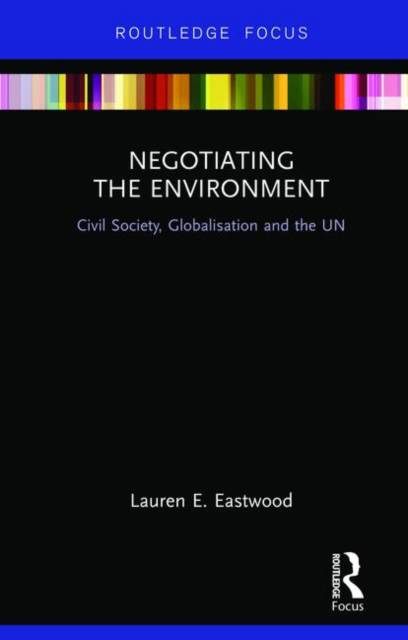
- Afhalen na 1 uur in een winkel met voorraad
- Gratis thuislevering in België
- Ruim aanbod met 7 miljoen producten
- Afhalen na 1 uur in een winkel met voorraad
- Gratis thuislevering in België
- Ruim aanbod met 7 miljoen producten
Omschrijving
Civil society participants have voiced concerns that the environmental problems that were the subject of multilateral environmental agreements negotiated during the 1992 Rio processes are not serving to ameliorate global environmental problems. These concerns raise significant questions regarding the utility of negotiating agreements through the UN. This book elucidates the complexity of how participants engage in these negotiations through the various processes that take place under the auspices of the UN--primarily those related to climate and biological diversity.
By taking an ethnographic approach and providing concrete examples of how it is that civil society participants engage in making policy, this book develops a robust sense of the implications of the current terrain of policy-making--both for the environment, and for the continued participation of non-state actors in multilateral environmental governance. Using data gathered at actual negotiations, the book develops concepts such as participation and governance beyond theory. The research uses participant observation ethnographic methods to tie the theoretical frameworks to people's actual activities as policy is generated and contested.
Whereas topics associated with global environmental governance are traditionally addressed in fields such as international relations and political science, this book contributes to developing a richer understanding of the theories using a sociological framework, tying individual activities into larger social relations and shedding light on critical questions associated with transnational civil society and global politics.
Specificaties
Betrokkenen
- Auteur(s):
- Uitgeverij:
Inhoud
- Aantal bladzijden:
- 144
- Taal:
- Engels
- Reeks:
Eigenschappen
- Productcode (EAN):
- 9780415660563
- Verschijningsdatum:
- 11/08/2016
- Uitvoering:
- Hardcover
- Formaat:
- Genaaid
- Afmetingen:
- 138 mm x 216 mm
- Gewicht:
- 293 g

Alleen bij Standaard Boekhandel
Beoordelingen
We publiceren alleen reviews die voldoen aan de voorwaarden voor reviews. Bekijk onze voorwaarden voor reviews.












